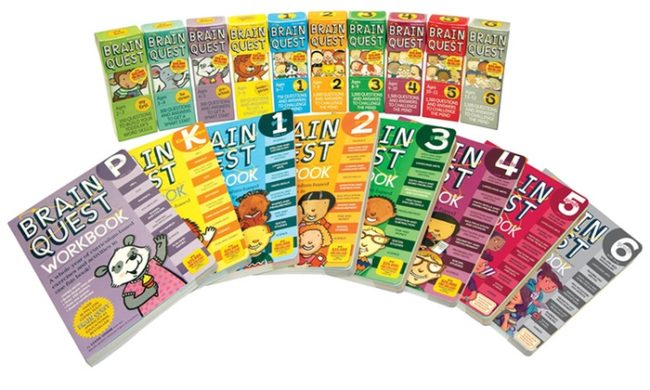
Between trigonometry, geometry and everything in between, math can be difficult and overwhelming for many students. While this is true during the school year when students are in math class and completing math homework on a regular basis, it can often get worse during the proverbial “brain drain” of the summer months. Whether or not math is your child’s strong suit, you likely have an interest in either improving their skills or keeping them sharp over the summer so they’re well-prepared for September. While math can be daunting, the many apps, resources and tutoring options available make getting your child the help they need easy.
Here are four ways you can help boost your child’s math skills over the summer.
Do Math Together

You’re an important partner in your child’s academic career, including their mathematics education. Even if math isn’t your forte, sitting down with your child to help walk them through their math worksheets over the summer (and their math homework during the school year) will do wonders for their confidence. An important first step in helping your child is to build a strong, positive attitude towards math. Students are likely to feel more engaged and will more likely stick with an activity that they feel positive about, mathematical or otherwise. Without the confines of regular homework over the summer, opt for activities that meet your child’s level of mathematical understanding to help boost their confidence and ability to successfully complete the task. This holds true whether you opt for conventional workbooks or worksheets, or if you decide on a math game or other multimedia platform. If you or your child are comfortable speaking a language other than English, don’t be afraid to conduct lessons in that language.
Buy Summer Workbooks

Workbooks are a great option to keep your child’s mind sharp during the summer regardless of their mathematical abilities and understanding. They’re simultaneously useful if your child is struggling and needs extra practice, or if they’re thriving and require a challenge. Workbooks, however, are only effective if your child uses them. While no homework is perhaps one of the highlights of summer break, carving out dedicated time during the day to have your child complete a section of their workbook is important. Whether it’s for 15 or 45 minutes, twice or five times per week, the extra practice will certainly help to keep your child’s skills sharp. You may even decide to incentivize workbook completion to mitigate the inevitable groans, with family ice cream dates, a trip to the beach, or whatever else you and your child enjoy doing.
Use Apps or Websites

As today’s students find themselves firmly planted within the digital age, there are many mobile apps and websites that can help your child and their math skills. Many of these online tools are designed as games, which make them seem more fun and less like homework (or, summer work). They also cater to various ages and skill levels, making it easy to choose one that suits your child’s needs. Should you decide to opt for an online resource, much like workbooks, ensure you and your child carve out time during the day to complete the work at hand. A good rule of thumb is to complete this work during the morning while your child’s brain is fresh and before the hustle and bustle of the day.
Summer Tutoring

In addition to working with your child, having them complete workbooks and using online resources, you may also consider summer tutoring. Summer tutoring can work well in tandem with the above suggestions or on its own depending on your child’s needs. Many find it beneficial to have one-on-one tutoring sessions with an experienced and certified teacher who is able to tailor a lesson plan to your child’s abilities. Enlisting the services of a tutoring agency can provide the structure and organization of school during the summer, making the transition into September easier. It also takes some of the burden off of you, as helping your child with homework, or monitoring their completion of a workbook or online resource requires time and patience that you may not always have.

There are a multitude of ways that can enable you to take a proactive approach to help your child boost their math skills over the summer. While there is no one-size-fits-all solution, often, a combination of any of the above suggestions (or even all of them) will yield positive results. Most important is to encourage a positive attitude in your child towards math and about completing additional work over the summer holiday. Despite the inevitable groans, encouraging this work ethic will pay dividends long into your child’s academic career and should help you look after your kid’s well-being.



